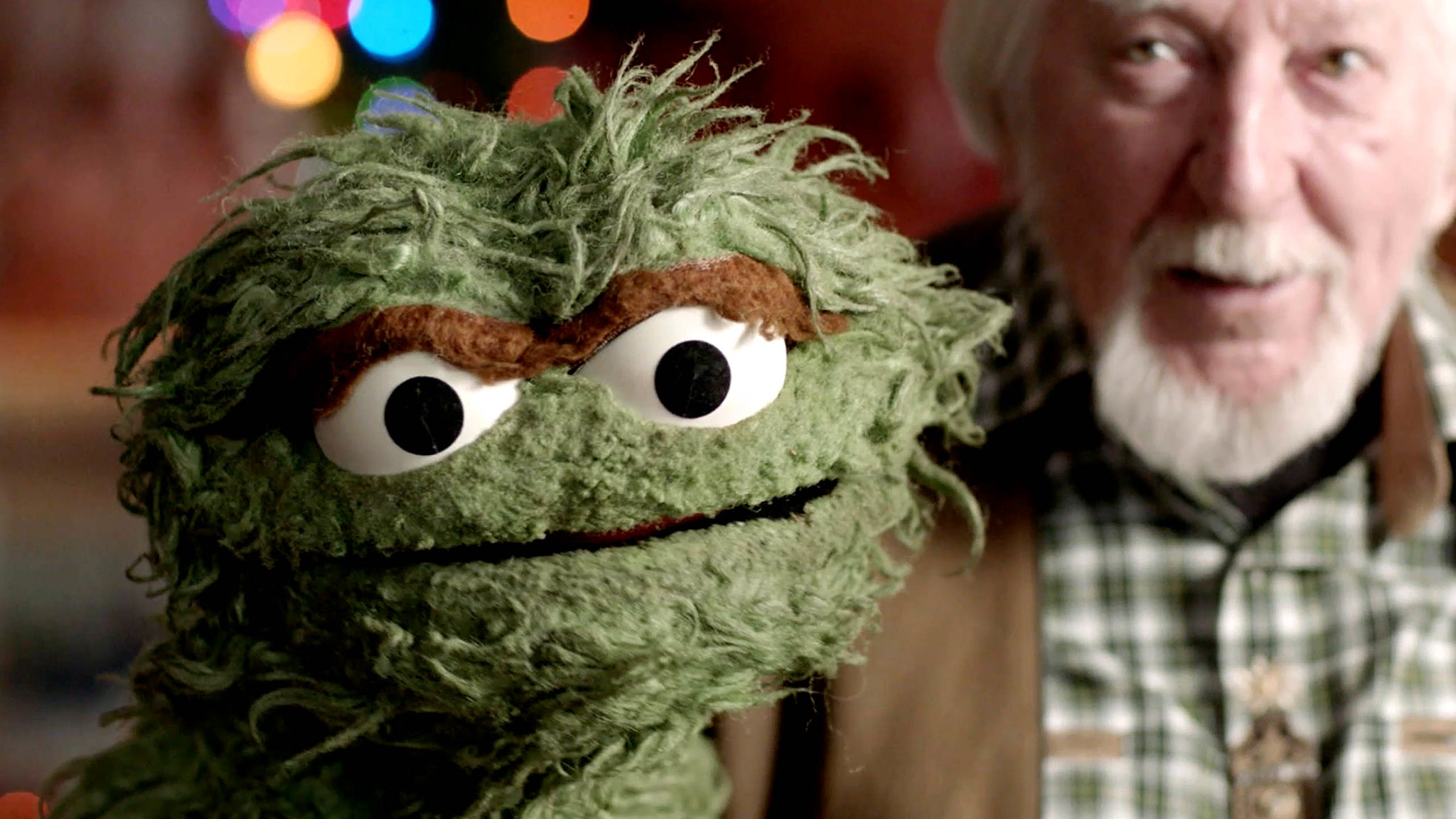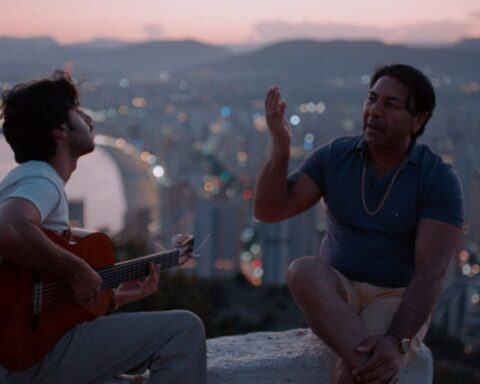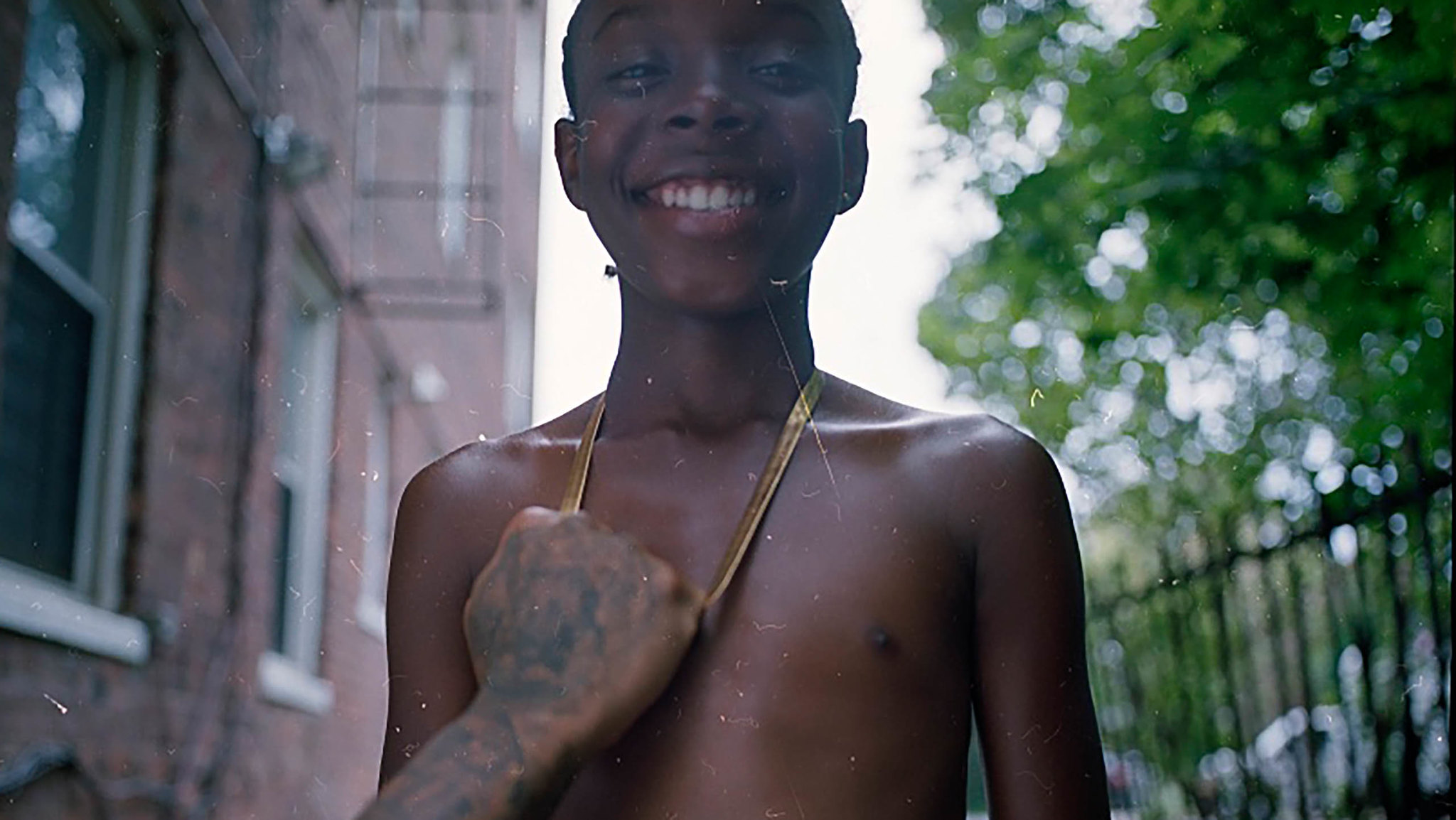The latest Sundance documentary dispatch features a spotlight on leaders. A political candidate, an influential author, and an iconic children’s TV series fuel a trio of doc portraits. So too does Sundance’s digital dating doc, which, admittedly, had our team swiping to the left.
Street Gang: How We Got to Sesame Street
(USA, 107 min)
Dir. Marilyn Agrelo
Programme: Premieres
For the generation of audiences whose childhood was honed by this remarkable television show, Street Gang: How We Got to Sesame Street is a welcome blast of nostalgia, warmth, and reminiscence. It looks back at what made (and makes) this project so special to millions of people. Marilyn Agrelo’s film does well to explore the beginnings of the project, dating back to a mid-1960s to employ the mechanisms of advertising to inculcate young children to embrace the joys of learning, friendship and creative expression through means conventionally used to inspire them to covet consumer goods.
Incorporating contemporary interviews, clips from previous documentaries, and some rare behind-the-scenes footage from Sesame Street, Agrelo provides a thorough look at the characters we grew to love on screen, as well as the various forces from entertainment and academia that fostered the show’s success.
Significant time is appropriately spent on Jim Henson’s involvement, effectively showing how the incorporation of these elements into the live sequences elevated the show from the very start. Important discussions about the disparity of those in the inner cities that were being raised by television demonstrate how overtly political the project was from the outset, another paradoxical result of funding from the Nixon administration that helped foster liberal ideas about community and integration throughout the U.S. and eventually much of the world.
I could watch hours upon hours of the musical sequences that are sprinkled throughout the doc, from the famous Pointer Sisters animated pinball sequence, through Stevie Wonder’s take on the theme song, Paul Simon strumming along with a “dance dance dance” obsessed young girl, to an amazing moment where Odetta shows up to sing to a small crowd. Agrelo shows that Sesame Street was, above all, a highly entertaining series that provided pedagogical content, mixing the silly with the sublime in ways that forever shaped what television could do for young minds, for better or for worse.
Inevitable connections will be made to the Morgan Neville’s Won’t You Be My Neighbor? about a similar era in children’s public broadcast, and while the goals and effect of each film differs greatly, and Street Gang is a far more straightforward celebration of its subject, it’s fair to see how the films complement one another. They both speak of a time when the very idea about what television could do inspiring producers to provide more than simple distractions. With the fragmentation of audiences, and obsessions with screens of a very different kind, it’s easy to find this little more than nostalgia. Yet to this day, the lessons learned in the making of this show resonate in numerous ways, and Street Gang does wonders at reminding us how we all got to Sesame Street in the first place. –Jason Gorber
President
(Denmark/USA/Norway, 130min)
Dir. Camilla Nielsson
Programme: World Cinema Documentary
There are dozens of vérité political docs that embed with a candidate and watch their rise from plucky underdog to serious contender. The more tedious ones feel little more than campaign propaganda, while the great films (A.J. Schnack’s Caucus immediately comes to mind) mine not only the personal story and the political one. They can provide a greater examination of the local process as well as the surreal job of being a politician in general. Camilla Nielsson’s patiently told, extremely effective President provides a unique and powerful examination of the electoral situation in Zimbabwe. It’s the furthest thing from a trivial, feel-good piece of campaign fluff.
With impressive access and a keen eye, Nielsson tracks Nelson Chamissa, leader of the Movement for Democratic Change (MDC), an alliance of activists and politicians campaigning back in 2018 to unseat the ruling ZANU-PF party that for decades was under the strict control of Robert Mugabe. This is a nation that’s been wrought by corruption, violence and betrayal. President does wonders to both express the hope of those calling for change and provide a wide-eyed perspective on the entrenched forces of power that fight to maintain the status quo.
In a year where bastions of democracy are themselves wracked by claims of fraud and corruption, it’s humbling to see in Zimbabwe such naked betrayal and overt anti-democratic elements. One sees the actualization of manipulation, which, in more privileged nations, are mere talking points that are weaponized to undercut opposition. Politics in Zimbabwe is literally a blood sport, and the shifts and turns exposed in the film, along with a refusal to provide simplistic catharsis to appease audiences, makes this film not only vital to our understanding of the region, but also a cautionary tale about illiberal democracies in all their insidious forms. – Jason Gorber
Amy Tan: Unintended Memoir
(USA, 101 min.)
Dir. James Redford
Programme: Premieres
Few artists can say they broke a glass ceiling. Amy Tan can count herself among this select circle of voices thanks to her ground-breaking novel The Joy Luck Club. The book let generations of readers see Asian-American experiences depicted with life, vigour, and depth. So too did the 1993 film adaptation, which proved an anomaly for a Hollywood movie with a predominantly Asian cast—a feat that gained ample resonance when Crazy Rich Asians bridged the gap 25 years later. However, as Tan reflects upon her life, work, and the legacy of The Joy Luck Club in the engaging and relevant portrait doc Unintended Memoir, she is living proof that one story can change the world.
The doc marks the final film for late director James Redford (Robert Redford’s son) and the project’s posthumous nature affords it a layer of resonance. Tan’s portrait stresses the necessity of recording stories before it’s too late. Much of the film revisits the impact of The Joy Luck Club, both the novel and the film, and unpacks the ways in which one specific tale can have universal resonance while letting others see their lives reflected in ways they haven’t before.
Tan is a very engaging subject who, unsurprisingly, tells a good story. She’s also candid about her own anxieties and insecurities, noting that writer’s block and imposter syndrome are as real to her as an international best-selling author as they were when she was writing her first novel. She shares memories of her life in a series of interviews, while Redford captures footage of the author on tour, giving speeches, and signing many books. Many of Tan’s stories speak of her mother, a troubled woman who often used threats of suicide and self-harm to manipulate her children. Tan is candid about her difficult relationship with her mother, noting that she never had children with fears that she’d repeat the cycle of psychological abuse. However, Tan’s interviews are like her writing. They resonate with empathy and observe the details and nuances that lend characters complexity. There are no one-dimensional figures and no stereotypes in Tan’s world—a charge she confronts in the documentary—but rather vivid interpretations of experiences filtered with dramatic flair. – Pat Mullen
Searchers
(USA, 81 min)
Dir. Pacho Velez
Programme: Next
At best, Pacho Velez’s Searchers is a brisk sociological examination of modern dating. Much of the film has audiences staring back at the eyes of individuals swiping through various apps, making immediate judgements on the profile pics and brief bios of people with whom they’re looking to connect. Searchers makes its point within minutes, which leaves the resulting running time feel more than a bit repetitive and frustrating.
That said, once the rhythm of the film settles, we do get some bright spots from those examining this new world of a virtualized hunt for love. Despite shots of Velez wrapped in masks, ever evoking this age of COVID, little is spent on how the lockdown affects the desire to be physically present with a stranger. Additionally, the inclusion of Velez’s own search, with his mother in tow, veers into the indulgent, making the entire project feel less like something for an audience and more for its own self-satisfaction. While for some this may play as a revelation about modern relationships, it’s a dull look at what’s already quite quotidian for others, as banal as staring over someone’s shoulders while they errantly text or click on Instagram photos. –Jason Gorber














